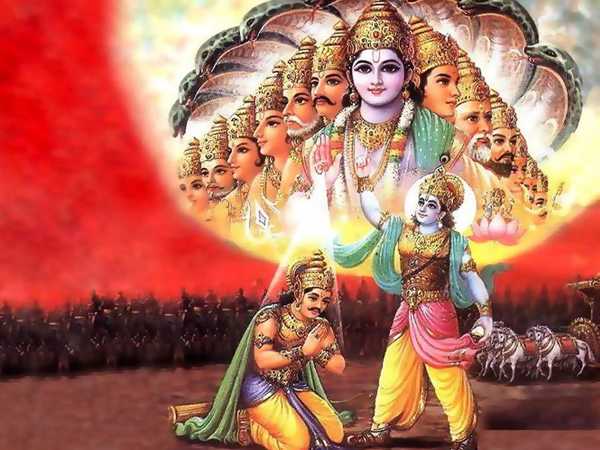Chapter 47

“Brahmana said. ‘The ancients who were utterers of certain truth, saythat Renunciation is penance. Brahmanas, dwelling in that which hasBrahman for its origin, understand Knowledge to be high Brahman.[143]Brahman is very far off, and its attainments depends upon a knowledge ofthe Vedas. It is free from all pairs of opposites, it is divested of allqualities; it is eternal; it is endued with unthinkable qualities: it issupreme. It is by knowledge and penance that those endued with wisdombehold that which is the highest. Verily, they that are of untaintedminds, that are cleansed of every sin, and that have transcended allpassion and darkness (succeed in beholding it). They who are alwaysdevoted to renunciation, and who are conversant with the Vedas, succeedin attaining to the supreme Lord who is identical with the path ofhappiness and peace, by the aid of penance. Penance, it has been said, islight. Conduct leads to piety. Knowledge is said to be the highest.Renunciation is the best penance. He who understands self throughaccurate determination of all topics, which is unperturbed, which isidentical with Knowledge, and which resides in all entities, succeeds ingoing everywhere. The learned man who beholds association, anddissociation, and unity in diversity, is released from misery. He whonever desires for anything, who despises nothing, becomes eligible, evenwhen dwelling in this world, for assimilation with Brahman. He who isconversant with the truths about qualities of Pradhana, and understandsthe Pradhana as existing in all entities who is free from mineness andegoism, without doubt becomes emancipated. He who is freed from all pairsof opposites, who does not bend his head to any body, who has transcendedthe rites of Swadha, succeeds by the aid of tranquillity alone inattaining to that which is free from pairs of opposites, which iseternal, and which is divested of qualities. Abandoning all action, goodor bad, developed from qualities, and casting off both truth andfalsehood, a creature, without doubt, becomes emancipated. Having theunmanifest for the seed of its origin, with the understanding for itstrunk, with the great principle of egoism for its assemblage of boughs,with the senses for the cavities of its little sprouts, with the (five)great elements for its large branches, the objects of the senses for itssmaller branches, with leaves that are ever present, with flowers thatalways adorn it and with fruits both agreeable and disagreeable alwaysproduced, is the eternal tree of Brahman which forms the support of allcreatures. Cutting and piercing that tree with knowledge of truth as thesword, the man of wisdom, abandoning the bonds which are made ofattachment and which cause birth, decrepitude and death, and freeinghimself from mineness and egoism, without doubt, becomes emancipated.These are the two birds, which are immutable, which are friends, andwhich should be known as unintelligent. That other who is different fromthese two is called the Intelligent. When the inner self, which isdestitute of knowledge of nature, which is (as it were) unintelligent,becomes conversant with that which is above nature, then, understandingthe Kshetra, and endued with an intelligence that transcends allqualities and apprehends everything, one becomes released from all sins.'”




